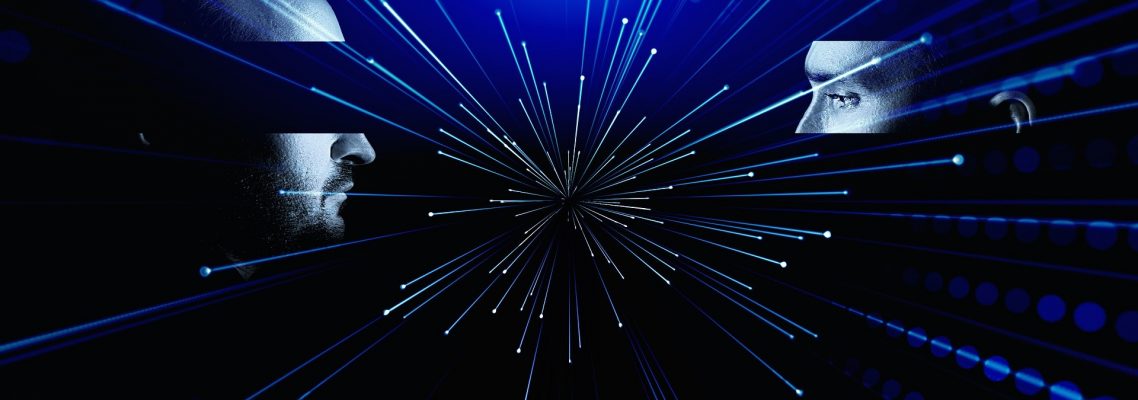
Narcissists from the Systemic view
2022-04-14
A narcissistic personality disorder is a mental health/personality disorder. It is characterised by an individual having a long-term pattern of exaggerated feelings of self-importance and an excessive need for admiration.
From my perspective, through a systemic view, I would like to propose a slightly different outlook. Personally, I avoid the narcissist label.
People that hurt, hurt people.
The key is to heal from the pain. The first step is to acknowledge the pain experienced and heal from there.
You may be a narcissist if
- You want to be heard or seen
- You make your position more important than another
- Do not offer empathy to others when they are hurting
- Fantasise about power, brilliance, ideal love, unlimited success etc.
- See yourself as superior to others.
You may be a narcissist if you want to be heard or seen
A basic human need is to be acknowledged, heard and seen. When this need is not met in the family of origin, the child may feel abandoned, rejected, alone, unloved and feels nullified in one sense or another. The child feels excluded.
The behaviours of the child adapt to support their own survival needs.
A child needs to express their needs to the external world by testing and finding comfort in their sense of belonging. Requirements that are not met result in behaviours that alienate and are experienced as unfavourable to those around. A cycle of feelings of exclusion may surface. To feel excluded creates further unhappiness, which leads to seeking a position of importance to fill the need to be heard and seen.
You may be a narcissist if you make your position more important than another.
In Family Constellations, we question why this need arises. If the family system is balanced, everybody instinctively knows and feels safe wherever they fit in. A weak link in the system creates a compromised system, so someone needs to step up to strengthen the system. For example:- A mother or father who is not fully able to take on their full responsibility as a partner or parent, through illness, mental, emotional or physical, often leads to a child taking on extra responsibilities taking on additional responsibilities for the family to cope. The child then steps into an adult position before fully developing as a child.
You may be a narcissist if you do not offer empathy to others when they are hurting.
Empathy is a form of love. What if the capability to love someone else does not exist? How does this happen, and why? The inability to love another can only exist when hurt and pain are so massive that emotionally surviving is not possible when malevolent emotions surface. Engaging with empathy would mean owning the locked up pain capsule. The fear of this opening would be impossible.
The mirror of love becomes distorted. Self-preservation needs to be maintained.
You may be a narcissist when you fantasise about power, brilliance, ideal love, unlimited success etc.
Wow! Are we not all exposed to a constant barrage of the setting up of ideals of dreams that can be fulfilled when we engage in our fantasies of power, brilliance, ideal love, unlimited success, etc.? The need to succeed and have more and more of whatever our dreams or desires can bring about is part of our daily journey. Are we not all trapped in the addiction culture of lack of satisfaction with what we have? The more you strive to thrive; the better life appears to be happy.
You may be a narcissist if you see yourself as superior to others.
With the position of a superior status comes a new level of responsibility. When the maturity level of taking on the commitment required has not been reached, you will be ill-equipped to meet the needs of the superior status. In the animal kingdom, the young ones need to fight the older ones before taking on the prime position. A natural order exists. In family constellations, we question why the natural flow of order has been overturned.
Are you a narcissist or are you struggling to find your rightful place in the world?
As a facilitator of Family Constellations, I see the multitude of patterns of narcissism as disturbances in the family system resulting from a lack of sense of belonging, disruption of the natural order in the system and unequal exchange between the different participants in a family system. Are we not all narcissists with varying degrees of pain patterns? Labelling someone as a narcissist has become too easy. Often it becomes the excuse to recuse oneself from the relationship that exists. If I am in a relationship with a narcissist in one form or another, then it merely means that their pain levels are exposed. It is hugely disruptive when we want to live in a benevolently human world. The real question is whether we can leave a family system to disconnect from the dysfunction in the system? Does this not, in a different form, create a new dysfunction?
Is a narcissist not just a person who uses their pain pattern to serve them to thrive in life?
What is our role concerning those who choose their form of survival above all else? You can see, hear and acknowledge the other concerning the pain they need to survive while becoming aware of your pain in this situation or circumstance and dealing and healing with and through your experiences. Therein lies the opening of a healing path forward.

